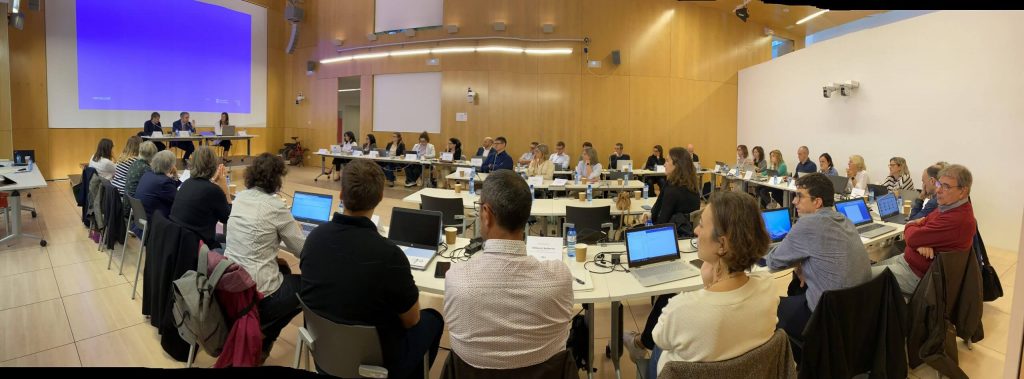I have always thought that science and diplomacy go hand in hand, although very few diplomats are also scientists. Indeed, researchers always make a point of going everywhere and establishing relations with local people regardless of the political situation in the countries. So let us say that the diplomatic skills are all there in researchers. But science and diplomacy go beyond these individual skills. Science is a widely accepted activity and is proving to be an essential element contributing in such fields as global and multilateral agreements. Take the case of climate change. What agreements could be made or discussions held if there was no scientific basis for showing trends in different parameters, or measuring the consequences of certain actions? Clearly, therefore, science has become a cornerstone for international organisations to undertake joint initiatives.
I remember once asking a British ambassador what should be done when a country broke off diplomatic relations. What was the next step for restoring them? And he told me something along the lines of how, little by little, the lost ground had to be recovered, first by sending a plumber to fix a pipe (even if it was not true!) and assess the state of the empty embassy building, then a bricklayer, then a manager, a secretary, and little by little expand until the embassy was once again repopulated.
This made me think of one of our universal researchers, Eudald Carbonell (from the Catalan Institute for Human Palaeoecology and Social Evolution, IPHES) who recently explained to me how he had gone to Eritrea to carry out excavations. There he gained the friendship of certain generals and colonels in the local army who gave him all kinds of licences to carry out his work as a researcher. However, if you go to the website of the Spanish Ministry of Foreign Affairs you will see a complete contrast, as there is practically no information on Eritrea and the page begins by stating, “Travel is discouraged under any circumstances”. So once again, science has overtaken traditional diplomacy.
Today I am at the Union for the Mediterranean Regional Forum, being held in Barcelona. The feeling I get is how fast some things would move if it were up to scientists to get them going. In contrast, endless discussions between state, regional and local representatives only perpetuate situations or problems that then become chronic or deteriorate. The pragmatism of science could greatly help diplomacy. We hope to see these two dynamics come together more often.
GenderTalent
Bruna Vives
18/11/2022
The CERCA Institute has launched ÀGORA, an unprecedented and innovative programme for the managers of CERCA centres. ÀGORA focuses on management training and strategic challenges in managing research and innovation.



